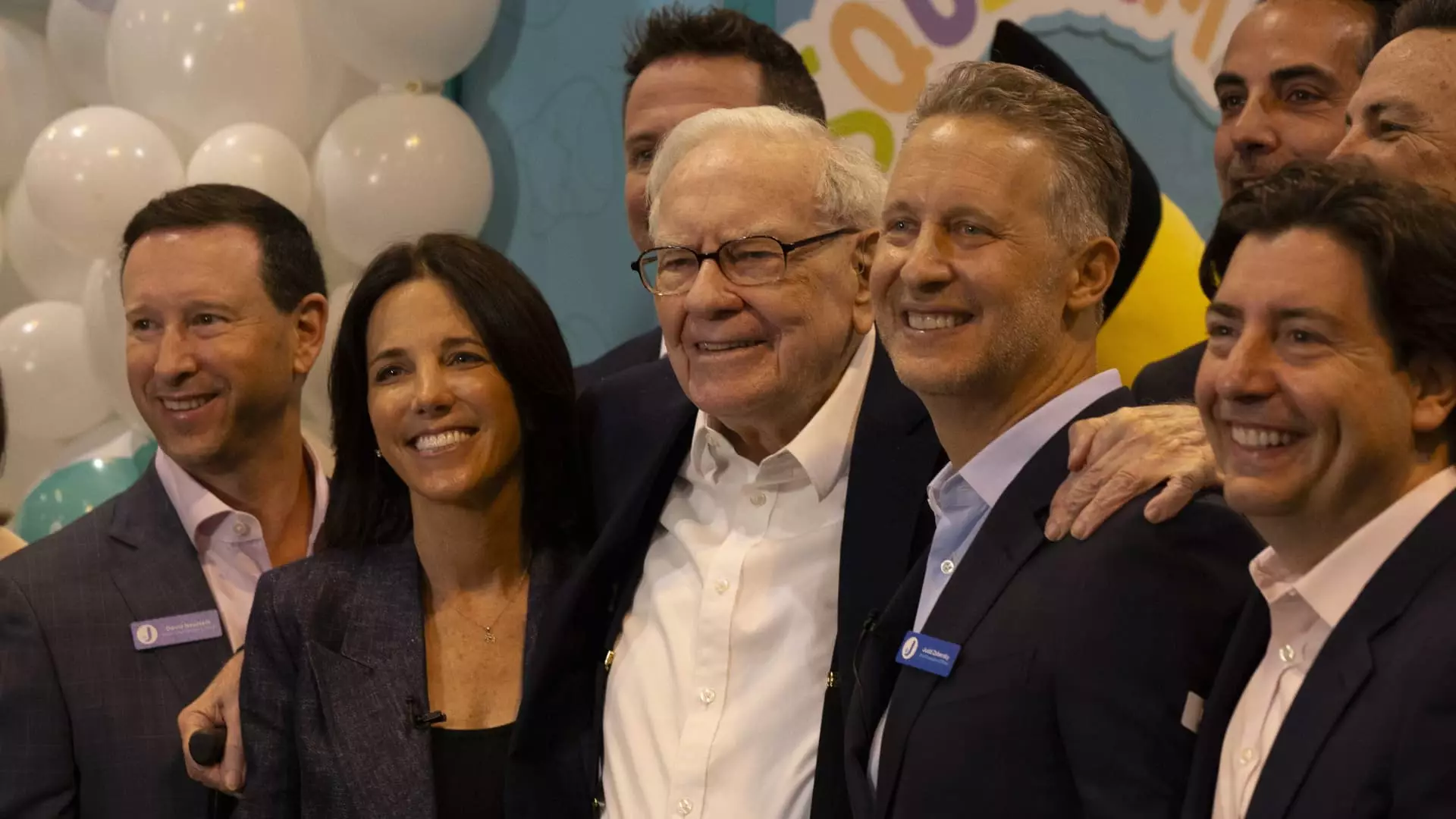Warren Buffett’s Berkshire Hathaway has made headlines once more with its strategic acquisition of Sirius XM shares, raising its stake to an impressive 35.4%. The conglomerate, based in Omaha, invested approximately $54 million by acquiring about 2.3 million shares during a series of transactions over a few days. This action highlights Berkshire’s continued interest in the satellite radio company, particularly as the media landscape undergoes significant transformations.
The company purchased Sirius XM shares at a time when it is facing various challenges, including declining subscriber numbers and a shift in demographics that are not favoring traditional radio platforms. Despite Sirius XM’s struggles, Buffett’s reputation as a visionary investor raises questions regarding the rationale behind such acquisitions.
Berkshire’s initial foray into Sirius XM began in 2016, when it acquired Liberty Media’s tracking stocks. The resurgence of investment in early 2024 appears to be a strategic maneuver in alignment with anticipated organizational changes within Sirius XM, particularly in light of a merger involving Liberty Media. John Malone’s decision to consolidate his media empire through a merger of tracking stocks has contributed to a reshaping of Sirius XM’s operational framework, suggesting that Berkshire is positioning itself to benefit from potential future synergies that could arise from these organizational shifts.
Furthermore, in the broader context of Malone’s media empire, which recently saw the Atlanta Braves baseball team split off into a new publicly traded company, Berkshire’s investments might reflect a comprehensive strategy to invest in media entities that show potential for long-term growth, despite current volatility.
While Buffett has not publicly articulated his confidence in Sirius XM, it is important to consider the nuanced decision-making process that dominates Berkshire’s investment strategy. It remains unclear whether this latest purchase is a direct reflection of Buffett’s analysis or if it is driven by the insights of his trusted investment lieutenants, Ted Weschler and Todd Combs. This uncertainty invites speculation around the methodology applied by Berkshire’s investing team in navigating a challenging market.
Sirius XM’s stock performance has been lackluster, with an alarming 58% decline in 2024 due to subscriber losses, painting a bleak picture for its future. Despite this, the stock saw a slight recovery, with a marginal increase of about 5% in the new year. Wall Street’s lukewarm reception is evidenced by the fact that of the 16 analysts monitoring Sirius XM, only three have issued buy ratings, signaling a broader skepticism regarding its recovery prospects.
The decision for Berkshire to maintain and expand its stake in Sirius XM amid precarious market conditions raises important discussions on the long-term viability of the satellite radio model. While historical trends and strategic mergers may offer potential for recovery, the reality remains that significant risks are associated with investing in a company facing profound operational challenges. Thus, it will be crucial to monitor Sirius XM’s developments and market positioning closely in the near future to understand whether Buffett’s latest investment will yield dividends or merely mark a historical footnote in Berkshire’s extensive portfolio.

